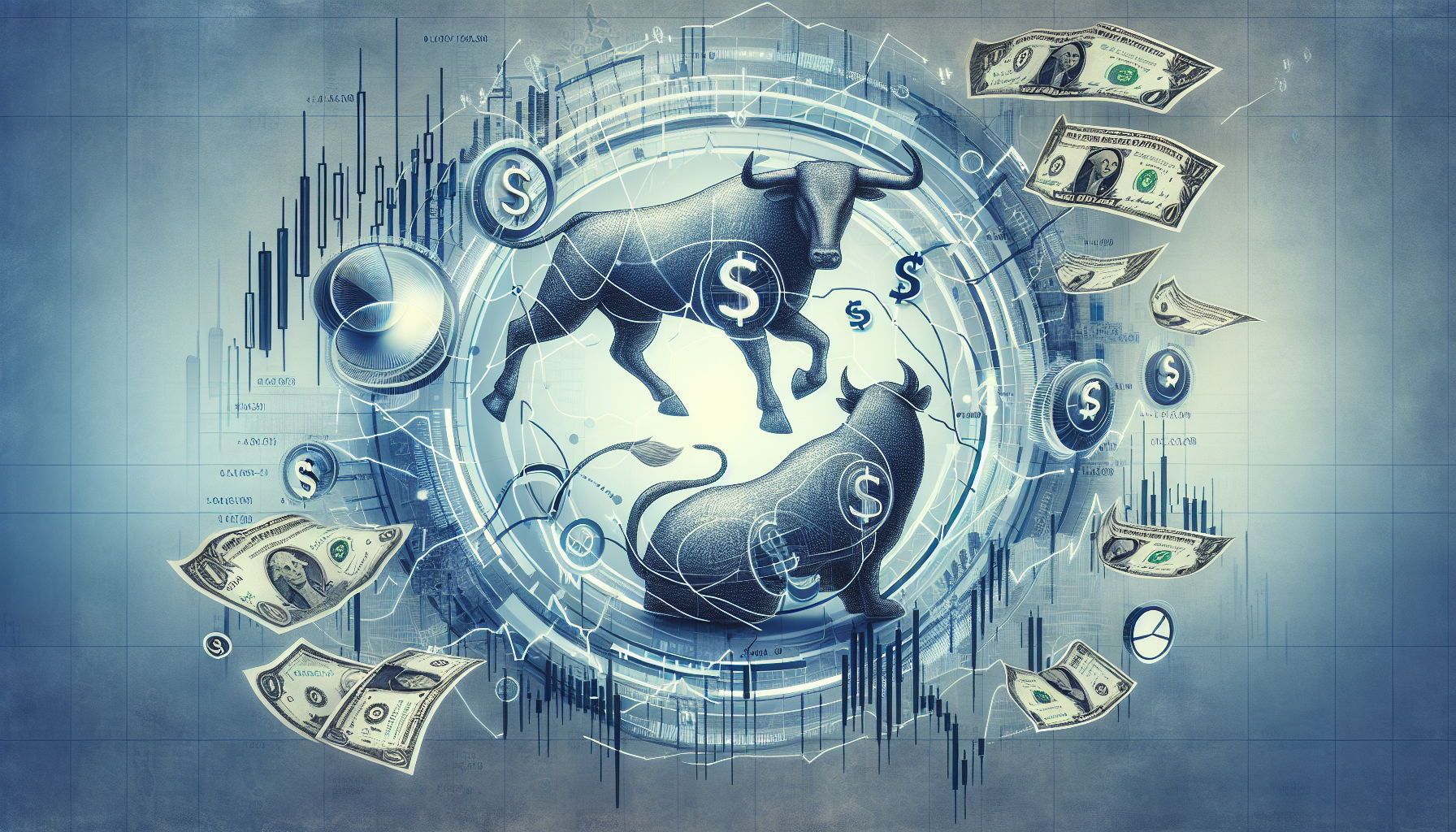
tl;dr
The U.S. Commodity Futures Trading Commission (CFTC) has decided to drop its appeal against prediction markets platform Kalshi, allowing it to accept bets on U.S. election outcomes. This ends a two-year legal battle after a District Court ruled in favor of Kalshi. Both parties agreed to pay their ow...
The U.S. Commodity Futures Trading Commission (CFTC) has dropped its appeal, allowing prediction markets platform Kalshi to legally accept bets on U.S. election outcomes, ending a two-year legal battle. This decision follows a District Court ruling in favor of Kalshi and agreement from both parties to cover their own legal fees.
The move aligns with a regulatory shift under President Trump’s administration, including the appointment of pro-crypto regulator Brian Quintenz to lead the CFTC. Under this new leadership, the CFTC has shown a more technology-friendly stance, exemplified by public roundtables to review its approach to prediction markets.
Kalshi has responded by expanding its election-based markets and integrating cryptocurrency payments, embracing the digital asset ecosystem. The withdrawal of the appeal also echoes increasing connections between the Trump family and the tech and crypto sectors, notably Donald Trump Jr.’s advisory role at Kalshi and other crypto ventures involving Trump family members.
The legal saga began when the CFTC initially denied Kalshi permission to offer election-based contracts, citing concerns about election influence. Kalshi subsequently sued the regulator, securing a pivotal court victory in September allowing the platform to offer election contracts. Although there was a brief pause due to a higher court’s emergency stay, Kalshi obtained approval to resume election betting in October.
Kalshi’s founder, Tarek Mansour, welcomed the outcome, stating, “Election markets are here to stay. This win solidifies their right to exist and thrive.” This development marks a significant milestone for prediction markets, regulatory attitudes towards crypto integration, and the evolving intersection of finance, technology, and politics in the U.S.